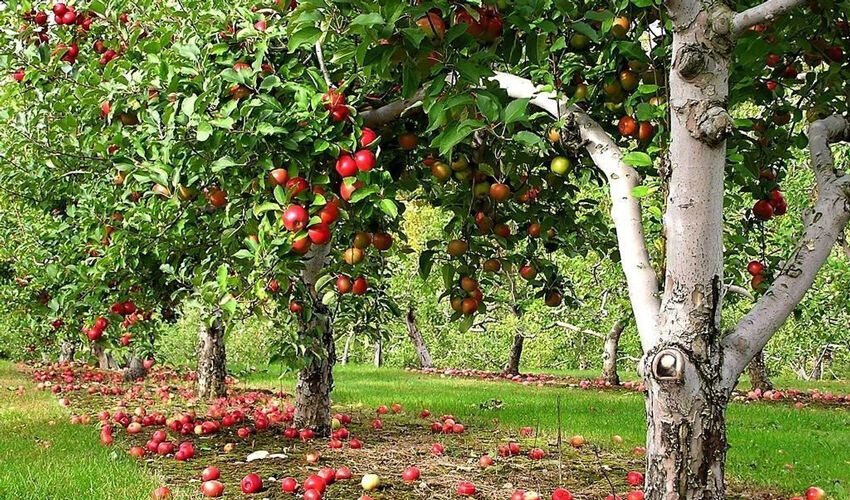
According to the MAIA press release, Ina Butuchel, secretary general of the ministry, who chaired the meeting, emphasized that this initiative stems from the recently adopted Law on Horticulture, which provides for the creation of a mechanism to coordinate and promote this sector of Moldovan agriculture in close cooperation between the state and the private sector. She said that the main objective of the ministry is to create an efficient model that will strengthen the public-private partnership and will contribute to the implementation of public policies in the horticulture sector.
“We are at the initial stage of consultations and we want the final form to be agreed with the sector representatives on the basis of a constructive dialogue,” Ina Butuchel said.
The release notes that the concept of the Office of Horticulture is inspired by international best practices and analysis of similar models in other countries, including in the EU, where the tradition of horticulture is developed. At the same time, the initiative follows the example of the National Office of Grapes and Wine, which “has demonstrated efficiency in coordinating and promoting a strategically important sector, contributing to strengthening the national brand “Vinul Moldova” and increasing the competitiveness of producers”.
The law on horticulture was adopted this spring. It is worth mentioning that, according to the participants in the meeting from the sectoral associations, the first draft of the government decision providing for the creation of the Horticulture Office was discussed at the level of the ministry and fruit-growing associations last year. The new draft government decision presented at yesterday’s round of consultations at MAIA differs slightly, but not significantly, from last year’s document.
At this stage, the structure of the Office of Horticulture is being discussed. Similar to the National Grape and Wine Office, it will be a public institution under MAIA. Presumably, its administrative body will be formed from the delegates of fruit growers’ associations. Functions, procedure of activity and financing of the future organization are also a subject of discussions. Most likely, the state will bear half of the expenses of the new organization.













